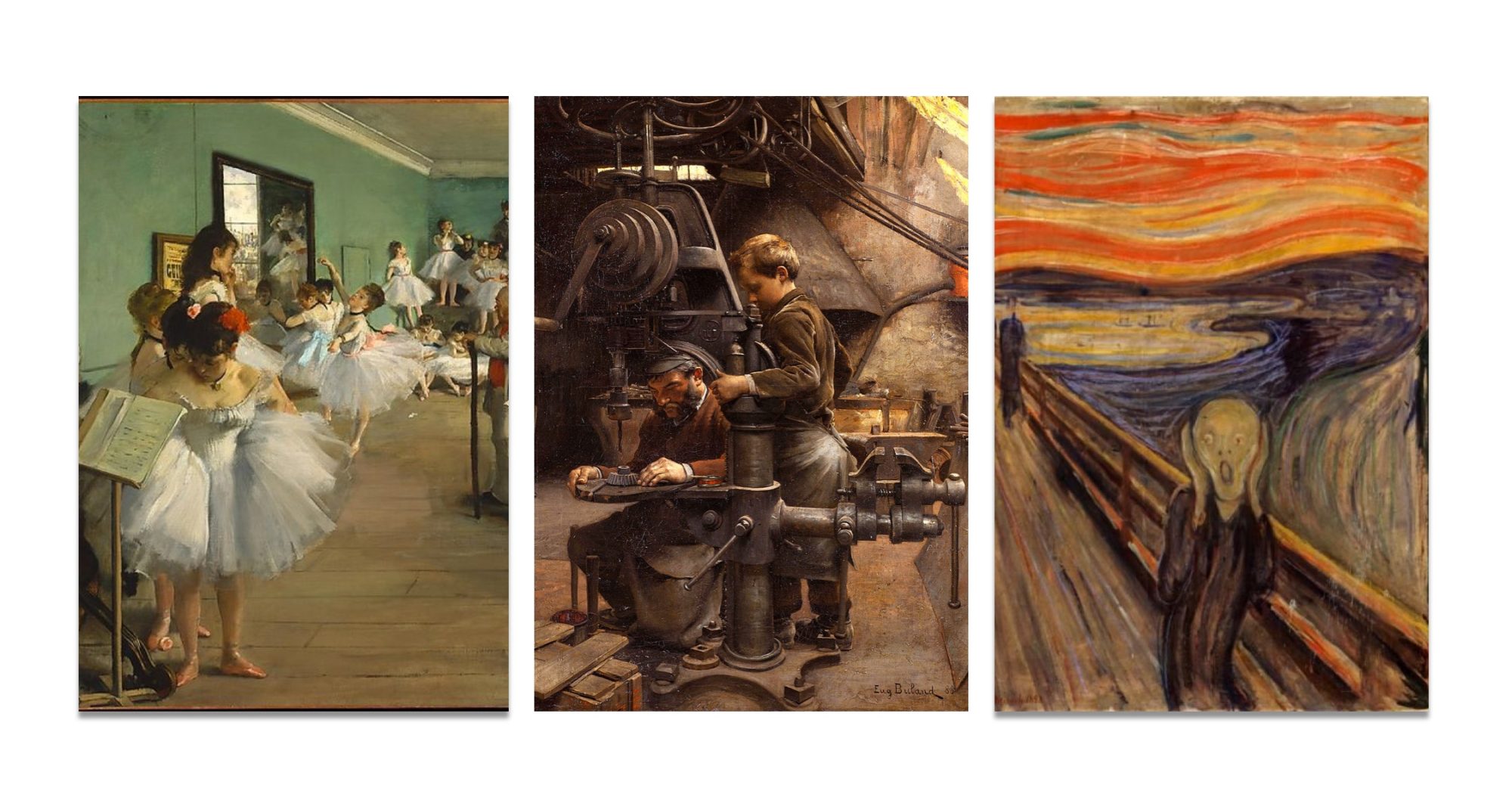“The Ruined Maid” is a poem written in 1866, by Thomas Hardy. The poem depicts a conversation between a prostitute and a maid she used to work with in the fields. She makes it clear that she believes she is in a much better place now that she is a prostitute- she is proud of her position in society. After all, she dresses nicer, has a haughty air about her, and can afford luxury items like jewelry. The ruined maid’s former coworker points out all of these things, and in response, the ruined maid says either, “yes; that’s how we dress when we’re ruined”, or “some polish is gained with one’s ruin”, or “one’s pretty lively when ruined”. All of these things denote her condescending tone she carries, and the fact that she is proud of herself. However, at the end of the poem, the ruined maid says something that breaks down the entire illusion.
In the last stanza, the maid’s previous coworker says, “I wish I had feathers, a fine sweeping gown, and a delicate face, and could strut about Town!” To this, the ruined maid replies, “My dear—a raw country girl, such as you be, cannot quite expect that. You ain’t ruined.” The irony of this statement is astounding. The fact that she goes through so much to look and act the part of a ruined woman high up in society, yet slips up and says something so classless like “ain’t” is very ironic. That one word redefines her entire attitude, as it transforms her from a high-society woman to a pathetic person trying to be more than they were initially, doing anything in their powers to do so. By having the ruined maid say “ain’t”, Hardy defined ruin once again as something undesirable, rather than the grand status that the ruined maid tries to convince her old acquaintance (and the reader) it in fact was.
by: Rachel Olshausen

